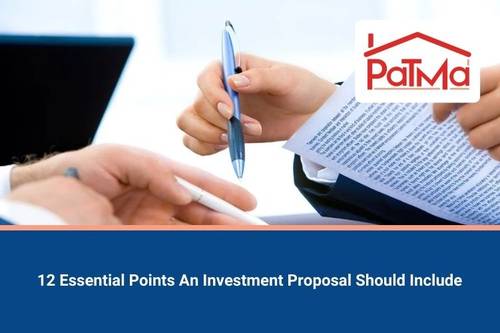Very soon most landlords will have no choice but to join HMRC’s Making Tax Digital programme so it is sensible to start planning for it now. Here’s an essential briefing on Making Tax Digital and what it means for landlords.
What exactly is Making Tax Digital?
Making Tax Digital – or Making Tax Digital for Income Tax Self Assessment (MTD ITSA) – will be mandatory for most people currently using self assessment from April 2024.
Currently in a digital world tax is still pretty non-digital. While most landlords probably submit their tax return using HMRC’s online system already the records that lead to the return do not have to be digital nor even compatible. They can still be just copied in from totally separate software, spreadsheets or even from paper records.
Making Tax Digital is all about moving taxpayers to wholly digital records and digital tax returns.
A key principle of MTD is ensuring that every figure submitted to HMRC has a digital audit trail behind it – right back to the original payment or expense.
HMRC say that Making Tax Digital is a key part of the Government’s plans to make it easier for individuals and businesses to get their tax right and keep on top of their affairs. They say that HMRC’s ambition is to become one of the most digitally advanced tax administrations in the world.
What Making Tax Digital means for landlords
In simple terms MTD will require a complete shift change in the way most landlords and other self employed people keep their accounts/records and file their tax returns with HMRC.
These are the most important things landlords need to be aware of:
MTD will totally change the way many landlords do their accounts
Landlords will need to keep their accounts using MTD compatible accounting software.
Paper accounts won’t work with MTD!
Landlords who use spreadsheets to compile their accounts may be able to keep using them via what is called bridging software. But this will probably not be the most efficient way of working with MTD.
This might mean you will have to change your accounting system. So there may be some initial upheaval. However, you will be able to make use of new software and tools like Open Banking which could make your accounting easier and more efficient.
How Open Banking Can Save Time, Money And Make Landlords More Efficient
MTD will totally change the way you submit information to HMRC
Under MTD you will not be able to type in figures (like income and expenses) into an HMRC tax return form as you might do now. This will not satisfy the requirements of MTD.
Under MTD your accounting software will digitally transfer information to HMRC as required.
Tax returns as we know them today will completely change
Instead of the current system of self assessment taxpayers will need to send HMRC a periodic update on a quarterly basis and then an annual summary and end of period statement (an EOPS).
If you have more than one business you will need to submit separate updates and summaries/statements for each of them.
You will then need to make a single final declaration. This will need to be done by the end of January following the end of the previous tax year.
MTD will not change your tax liability or tax payable
Your tax liability and overall tax due will not change as a result of MTD. It should mean that accounting for it and calculating it is more accurate in the first place however.
Making Tax Digital: Important dates for landlords
Making Tax Digital will be compulsory for all self-employed businesses and landlords with annual business or property income above £10,000 from April 2024.
Landlords who are VAT registered, or will become VAT registered, should note the different dates. VAT registered businesses with a turnover of £85,000 or over must use MTD already for their VAT. VAT registered businesses with a turnover under this amount must use MTD for VAT from April 2022.
Landlords who are, or will become, limited companies should note that MTD is likely to be introduced for Corporation Tax from April 2026. (This date is not final as yet.)
Making Tax Digital is likely to become available in 2023 (possibly sooner) so you can join it voluntarily before it becomes compulsory if you wish to. You may be able to join a pilot scheme now if you wish to.
All landlords should start thinking about and planning for Making Tax Digital now.
If you have been thinking about updating your accounting system anyway then now could be a very good time to do it. You can not only get your accounting ready for MTD but benefit from making it more efficient well before the 2024 deadline.
Now could be a very good time to explore what PaTMa Property Manager has to offer. Amongst its many other invaluable features PaTMa is a simple and time saving way to store your property accounts and generate your tax return figures automatically. PaTMa will be MTD ready in early 2022 so will be able to help make your transition to MTD easier.
You can find out more about PaTMa Property Manager and take a free trial here.
This article is intended to be a general explanation of Making Tax Digital and not financial or tax advice. If you have any specific concerns about how MTD will affect you or your business it is advisable to take advice from a financial adviser or accountant.




